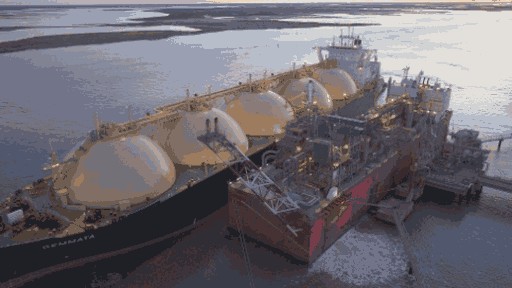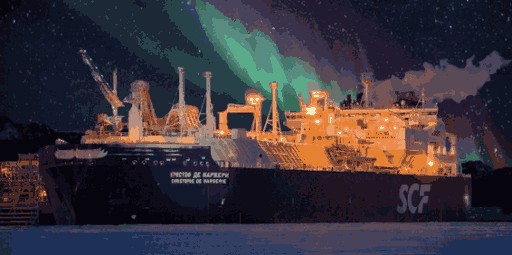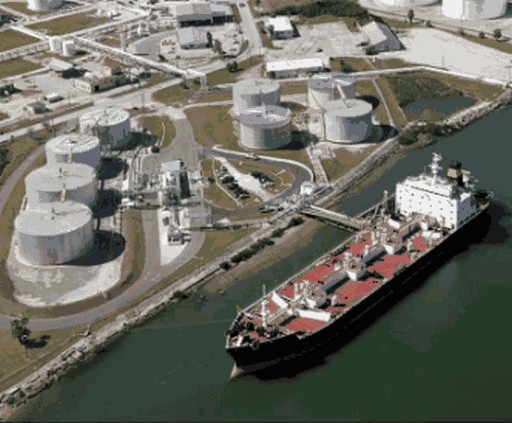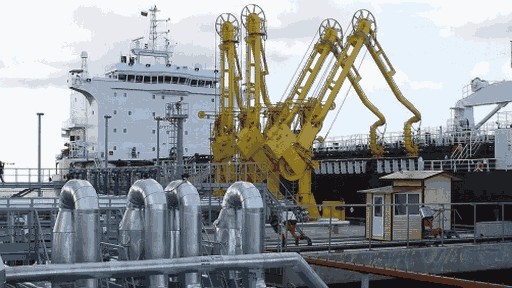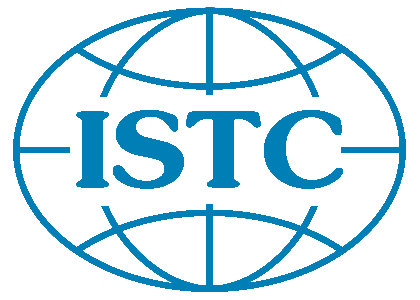
INTERNATIONAL STAFF TRAINING CENTRE

Loading Master of LNG Terminals
Marine and river terminals designed for the reception, temporary storage and handling of various bulk cargoes, including oil products, LPG, LNG and chemical products, where ships of various purposes are handled, are industrial facilities with a high potential for large-scale accidents due to their activities, installed equipment, handling of hazardous substances or their processing, which requires special attention from both governmental supervisory and controlling authorities and from the companies that operate the terminals.
Personnel (specialists of various qualifications, specialization, etc.) is one of the key components of any production activity. The level of safety of an enterprise largely depends on its personnel. A systematic approach to process safety management is necessary for personnel to successfully fulfil their tasks and avoid emergency situations. In accordance with accepted international practice, such category of employees as cargo master is defined to manage cargo operations, control the functioning of cargo equipment (pumps, manifolds, loading arms, etc.), carry out direct interaction between terminal and vessel, ensure safety of mooring operations, control the cargo quantity and quality. A cargo master must have basic technical education and have knowledge of international conventions, codes, regulations, guidelines and recommendations and skills in their application. Such generally recognized documents are the International Guide for Oil Tankers and Terminals (ISGOTT), the UN Model Regulations on the Transport of Dangerous Goods, the Globally Harmonized System of Classification and Labelling of Chemicals, the UN Safety Guidelines and Good Industry Practices for Oil Terminals, the IMO Recommendations for the Safe Transport of Dangerous Cargoes and Related Activities in Port Areas, OCIMF (Oil Companies International Marine Forum) standards, SIGTTO (The Society of International Gas Tanker & Terminal Operators) standards, and other international standards. Training programs for cargo masters at the ISTC are based on the international practice of training specialists of this category. Experienced trainers and experts help students to learn the basic provisions of international documents and national regulations and master the practice of their application in a short period of time.
The activities of a cargo master at terminals for various purposes may have specific features determined by the specifics of the terminal, physical and chemical properties of the cargo handled, types of vessels moored at the terminals for loading and unloading, therefore the cargo master training programs take into account these specifics. For example, LNG terminals have significant peculiarities, as the cargo handled is primarily a cryogenic liquid, which necessitates the use of special gas tankers, special cargo equipment, special technologies for preparing and carrying out cargo and final operations, and special safety requirements for personnel and equipment.
In accordance with the above, the ICSP has developed and implements specialized training programs, which take into account the peculiarities of specific marine terminals and are agreed with customers prior to the start of classes.
Upon the results of training and subsequent certification by the International Dangerous Goods and Containers Association (IDGCA), graduates receive certificates of advanced training and certificates "Loading Master of Marine Oil Terminal", "Loading Master of Liquefied Natural Gas Marine Terminal" or "Loading Master of Marine Chemical Cargo Terminal" of international standard. Certificates issued by IDGCA are protected by the patent.
The program is provided on request
